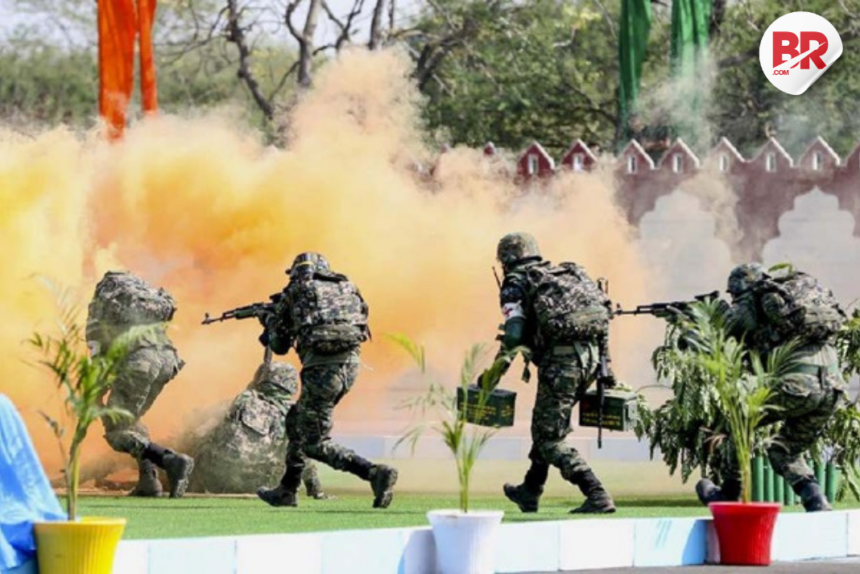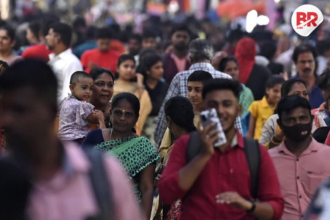
On Thursday evening, a massive mock drill will be conducted across four Indian states that border Pakistan—Jammu & Kashmir, Gujarat, Rajasthan, and Punjab. This drill is not just a routine exercise. It’s a clear message: India is prepared.
The Ministry of Home Affairs has announced this coordinated civil defence mock drill to assess how quickly and efficiently we can respond to major threats—like a terrorist attack or a hostage crisis. From air raid sirens to blackout protocols, the goal is simple: be ready before it’s real.

If you live in these border areas, you might hear sirens or see emergency drills in public places. Schools, hospitals, and communities will run through evacuation plans. Students will train with civil defence volunteers. Families may even be guided to nearby bunkers.
It may look alarming—but it’s actually a sign of strength. India’s showing that it doesn’t wait for tragedy to prepare.
This move follows Operation Abhyas, held earlier this month, and comes right after India’s powerful military response—Operation Sindoor—launched on May 7 after the brutal Pahalgam attack that killed 26 innocent lives.
Let’s not forget—May 7 also marked the first nationwide civil defence mobilisation since the 1971 India-Pakistan war. It wasn’t just a drill. It was a warning with intent.
Also Read Why Is India Taking Its Anti-Terror Fight to Sierra Leone and Liberia?
What Will the Mock Drill Include?
- Air Raid Sirens: These will be tested to alert civilians in case of aerial threats.
- Community Bunkers: Especially in high-risk areas like Uri in Kashmir, locals will be briefed on how to use these shelters.
- Blackout Drills: People will practice switching off lights and covering windows during alerts. SOPs will be reviewed.
- Civilian Training: Schools, colleges, and hospitals will simulate emergency evacuations.
Officials say every step is aimed at building trust in systems and ensuring smooth coordination between civilians and emergency response teams.
While some might roll their eyes at drills, the reality is this: only the unprepared panic. India is doing what any strong nation should—planning for the worst, to avoid it altogether.
For too long, border states bore the brunt of cross-border terrorism. But the new India doesn’t just retaliate—it anticipates.
The mock drill on May 29 is more than training—it’s a statement. That India doesn’t just mourn after attacks. It prepares. It protects. And it prevails.
Also Read Shashi Tharoor Not Included in Congress-Nominated Delegations, Congress Criticizes Government












